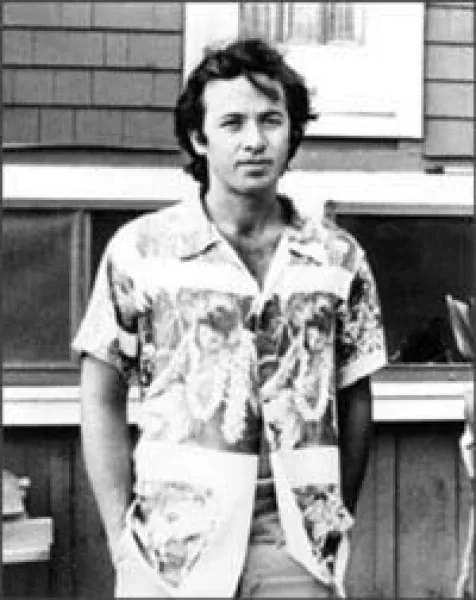
Ry Cooder
Top Ry Cooder albums
Top Ry Cooder lyrics
Ry Cooder biography
Whether serving as a session musician, solo artist, or soundtrack composer, Ry Cooder's chameleon-like fretted instrument virtuosity, songwriting, and choices of material encompa** an incredibly eclectic range of North American musical styles, including rock & roll, blues, reggae, Tex-Mex, Hawaiian, Dixieland jazz, country, folk, R&B, gospel, and vaudeville. The 16-year-old Cooder began his career in 1963 in a blues band with Jackie DeShannon and then formed the short-lived Rising Sons in 1965 with Taj Mahal and Spirit drummer Ed Ca**idy. Cooder met producer Terry Melcher through the Rising Sons and was invited to perform at several sessions with Paul Revere and the Raiders. During his subsequent career as a session musician, Cooder's trademark slide guitar work graced the recordings of such artists as Captain Beefheart (Safe As Milk), Randy Newman, Little Feat, Van Dyke Parks, the Rolling Stones (Let It Bleed, Sticky Fingers), Taj Mahal, and Gordon Lightfoot. He also appeared on the soundtracks of Candy and Performance.br /br /Cooder made his debut as a solo artist in 1970 with a self-titled album featuring songs by Leadbelly, Blind Willie Johnson, Sleepy John Estes, and Woody Guthrie. The follow-up, Into the Purple Valley, introduced longtime cohorts Jim Keltner on drums and Jim Dickinson on ba**, and it and Boomer's Story largely repeated and refined the syncopated style and mood of the first. In 1974, Cooder produced what is generally regarded as his best album, Paradise and Lunch, and its follow-up, Chicken Skin Music, showcased a potent blend of Tex-Mex, Hawaiian, gospel, and soul music, and featured contributions from Flaco Jimenez and Gabby Pahinui. In 1979, Bop Till You Drop was the first major-label album to be recorded digitally. In the early '80s, Cooder began to augment his solo output with soundtrack work on such films as Blue Collar, The Long Riders, and The Border; he has gone on to compose music for Southern Comfort, Goin' South, Paris, Texas, Streets of Fire, Alamo Bay, Blue City, Crossroads, Cocktail, Johnny Handsome, Steel Magnolias, and Geronimo. Music by Ry Cooder (1995) compiled two discs' worth of highlights from Cooder's film work.br /br /In 1992, Cooder joined Keltner, John Hiatt, and renowned British tunesmith Nick Lowe, all of whom had played on Hiatt's Bring the Family, to form Little Village, which toured and recorded one album. Cooder next turned his attention to world music, recording the album A Meeting by the River with Indian musician V.M. Bhatt. Cooder's next project, a duet album with renowned African guitarist Ali Farka Toure titled Talking Timbuktu, won the 1994 Grammy for Best World Music Recording. br /br /His next world crossover would become one of the most popular musical rediscoveries of the 20th century. In 1997 Cooder traveled to Cuba to produce and play with a group of son musicians who had little exposure outside of their homeland. The resulting album, the Buena Vista Social Club, was a platinum selling international success that made stars of Compay Segundo, Ibrahim Ferrer and Rueben Gonzalez and earned Cooder another Grammy. He continued to work on projects with his Buena Vista band mates, including a collaboration with Manuel Galban in 2003 titled Mambo Sinuendo. His other work in the 2000's included sessions with James Taylor, Aaron Neville, Warren Zevon and Spanish diva Luz Casal. In 2005 Cooder released Chavez Ravine, his first solo album since 1987's Get Rhythm. ~ Steve Huey, All Music Guide
